•●• Historical images and information from different eras and cultures •●•Tiktok and instagram: adeilhistory
Don't wanna be here? Send us removal request.
Text

"The Empress was so kind to seat next to me and to talk to me all the time. I liked her very much, just as Papa and Mama did; they also found her remarkably kind and beautiful".
Tsarevich Nicholas Alexandrovich describes Empress Elizabeth of Austria in a letter to Grand Duke Sergei Alexandrovich (1885).
27 notes
·
View notes
Text
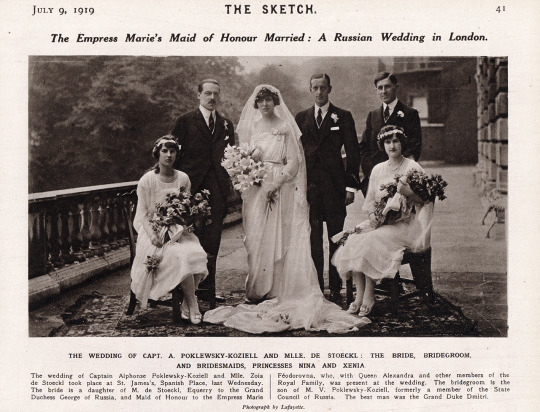
Wedding of Zoia de Stoeckl featuring three Romanovs.
Zoia was the daughter of Alexander de Stoeckl, comptroller of the household of Maria Georgievna. Zoia's mother, Agnes, wrote several memoirs. Maria Georgievna's daughters Nina and Xenia served as bridesmaids and their cousin on the Greek side, Grand Duke Dmitri Pavlovich, served as best man.
18 notes
·
View notes
Text
the future Alexander II's diary, age 8

Painting of Grand Duke Alexander Nikolaevich with his younger sister, Grand Duchess Maria Nikolaevna by George Dawe, 1821.
"I did not do very well at my lessons… K. K. [Karl Karlovich Merder, his tutor] is not very pleased: I teased my sister, Maria Nikolayevna, and stopped writing before I was told."
Image source: From Wikimedia Commons. https://commons.m.wikimedia.org/wiki/File:Alexander_ii_and_maria_nikolaevna.jpg
Quote source: Alexander II: The Last Great Tsar by Edvard Radzinsky, translated by Antonina W. Bouis. p. 51
3 notes
·
View notes
Photo
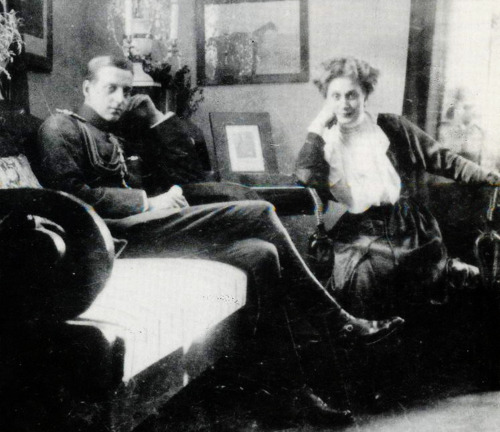
Dmitri Pavlovich with Natalia Sergeevna Brasova, wife of Mikhail Alexandrovich.
[Grand Duke Dmitri Pavlovich] must have been in his twenties then, and was most extraordinarily good-looking; very tall, very slender with the usual Romanov wasp waist and very long legs. I […] fell madly in love with him. Tania and Marina, of course, followed my example, and we had a secret Dmitri Club. This consisted of buying as many picture postcards of him as our pocket-money would allow, and trying to find out where he was or what he was doing by listening hard to what the grown-ups were saying. […] I started to write a diary all about Dmitri and in the innocence of my heart I hid it in my bed under the mattress. Of course, the next time that was turned my note-book was discovered and I came in for a lot of chaffing. I think it was very mean of whomever found it to take it straight to Mamma, she was of a caustic tongue and would not let me forget for weeks. The next time Dmitri came to the house I was almost imbecile with shyness and could, with pleasure, have fallen through the earth when Mamma said to him; ‘You know, Dmitri, this child is madly in love with you.’” From “Step-Daughter of Imperial Russia” by Nathalie Majolier (Natalia Sergeevna Mamontova), Mikhail Alexandrovich’s step-daughter.
120 notes
·
View notes
Photo
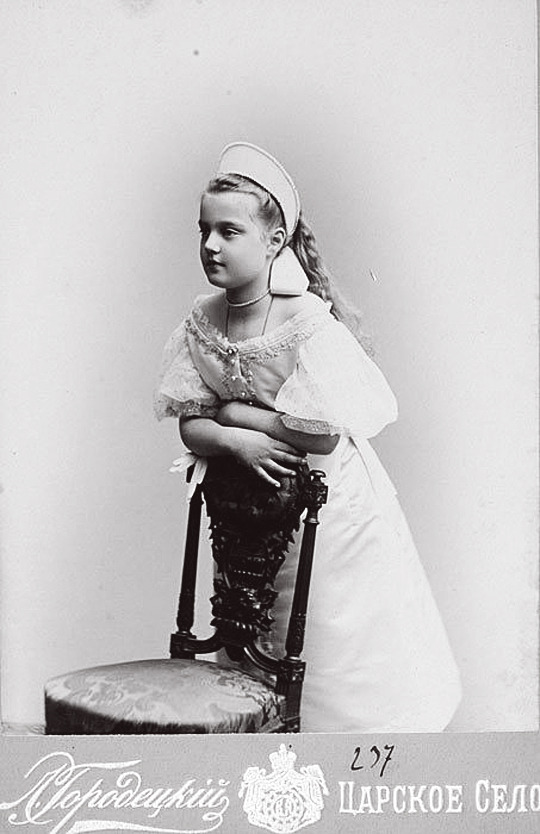
Grand Duchess Maria Pavlovna in a child-version of a court dress, 1902. In her memoir “Education of a Princess” the Grand Duchess recalled: “Tsarskoie [Selo], where we were installed in our regular apartments, was alive with preparations for a great ceremony that was to take place in the month of August - the marriage of my cousin Helen [Elena Vladimirovna] with my uncle Prince Nicholas of Greece - and numerous princely guests were expected. The King of Greece, my grandfather, and the Emperor, were to preside at the fêtes. Dmitri and I were told we might attend the religious part of the ceremony, and for this occasion I was to wear my first court dress. The cut was discussed at great length and finally decided upon. It was a short dress in pale blue satin, tailored in the Russian manner. I was terrifically proud of it, and impatiently awaited the great day.
69 notes
·
View notes
Text
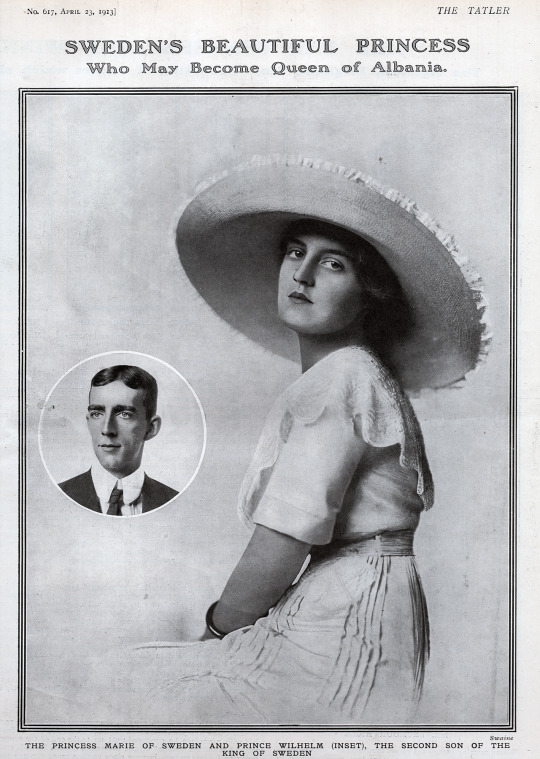
Maria Pavlovna the Younger in The Tatler, 1913.
14 notes
·
View notes
Text

Princess Irina Alexandrovna with her husband Felix Yusupov, 1914 | source unknown
38 notes
·
View notes
Text


"Irina’s wedding dress was magnificent; it was of white satin embroidered in silver, with a long train. Her face veil, which had belonged to Marie Antoinette, was held by a tiara of rock crystal and diamonds." - Felix Yusupov

Irina and Felix Yusupov married in 1914, and it was the last such occasion in Russian society before WWI.
They had one daughter together, Irina Felixovna Yusupova - nicknamed Bébé, who was born in 1915.
Felix Yusupov took part in the killing of Grigori Rasputin. Irina was originally supposed to be present as well, however she backed out of the plan.
After the abdication of the Tsar, the Yusupovs boarded a British warship to Malta. From there they travelled through Italy to Paris before going on to London.
In 1920, they bought a house in Paris where they spent most of their lives.
Together, they founded a couture house named Irfé. Irina herself modeled some of the dresses.
After MGM released a film called "Rasputin and the Empress" in 1932, the Yusupovs sued the studio and won the case.
They continued to be close to one another for the rest of their lives, and were married for more than 50 years.

19 notes
·
View notes
Photo
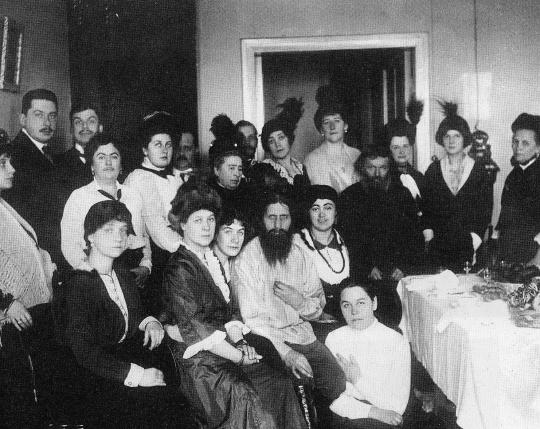
“There is a photograph which, in the last days of the Empire, was published all over Russia, and was, I am informed, also published in western Europe and in America. It represents Rasputin sitting like an oracle in his lodgings, surrounded by ladies of the aristocracy. This photograph is supposed to illustrate the enormous hold which Rasputin possessed on the affections of the women of the Court. In plain language it is assumed to be a representation of Rasputin sitting in the midst of his harem. There has been no account published which, as far as I know, does not dwell on this phase of the Rasputin story, and there have been books published in which the most erotic letters, purporting to have been written him by the Empress herself and even by the innocent young Grand Duchesses, have been included, the publishers apparently never having inquired into their authenticity. … The photograph, however, is authentic. I figure in it myself, therefore I am in a position to explain it.
It shows a group of women and men who after attending early Mass sometimes gathered around Rasputin for religious discourse, for advice on all manner of things, and probably on the part of some for the gratification of idle curiosity. I do not know whether or not in western countries religion produces in the neurotic and shallow-minded a kind of emotional excitement which they mistake for faith, but in Russia there was a time when this was so. For the most part, however, it was really serious people, men and women, who went after Mass to listen to the discourses of Rasputin. He was, as I have said, an unlettered man, but he knew the Scriptures and his interpretations were so keen and so original that highly educated people, even learned churchmen, liked to listen to them. In matters of faith and doctrine he could never be confused or confounded. Moreover, his sympathy and his charity were so wide and tender that he attracted women of narrow lives whose small troubles might have been dismissed as trivial by ordinary confessors.”
Anna Vyrubova: Memories of the Russian Court
116 notes
·
View notes
Text
Hand colored photo of Konstantin Konstantinovich by unknown photographer
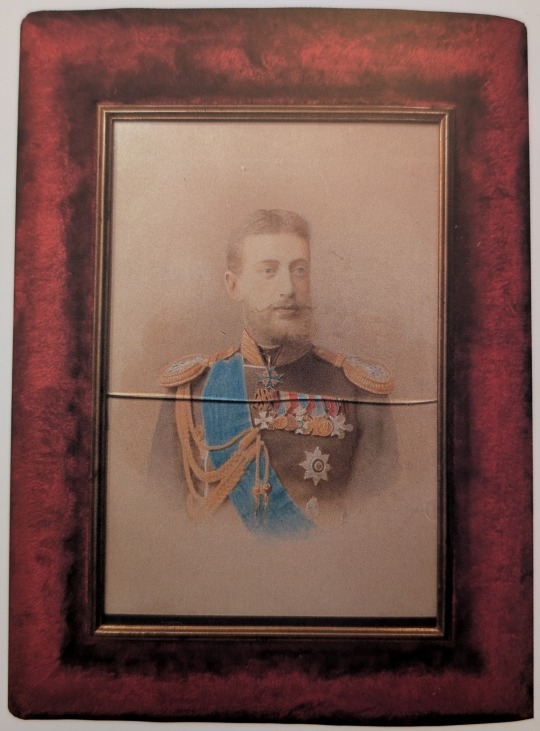
Source: from book "Nicholas & Alexandra: The Last Imperial Family of Tsarist Russia" p. 280, no. 461. In the collection of the State Archive of the Russian Federation.
37 notes
·
View notes
Note

Hello! I would like to share my discovery! Paul Alexandrovich is one of Maria Alexandrovna's most beloved sons, so I would like to share them with you. Perhaps I am overreacting, but I always come across his photographs in a very serious manner, so here it is: smiling Paul Alexandrovich!
I'm just screaming internally. This is such a lovely photo of Paul, thank you so, so much for sharing!
7 notes
·
View notes
Text
Dmitri pavlovich and royal family
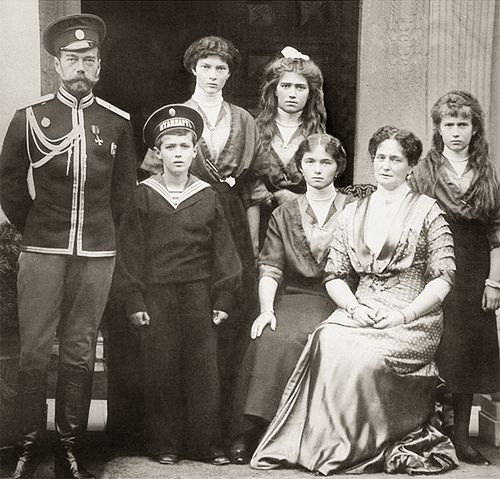
Dmitri Pavlovich Romanov (twice orphaned :( ) was on good terms with Czar Nicholas second's family in his youth/before the revolution and Nicky even called Dmitry his son. The relationship with the children was good, it was thought that Olga and Dmitri would get married but nothing came of it. Alexandra and Dmitri are hard to say, I would think that Dmitri was for her (especially before he became friends with Felix Yusupov) perhaps like a "good" or rather "healthy" son that Alexei was not because of his hemophilia but I dont think that Alix never loved Dmitri like Nicky but Dmitri was for her "a son what outside world can watch and care than gossip about Alexei"?
(pt 1)
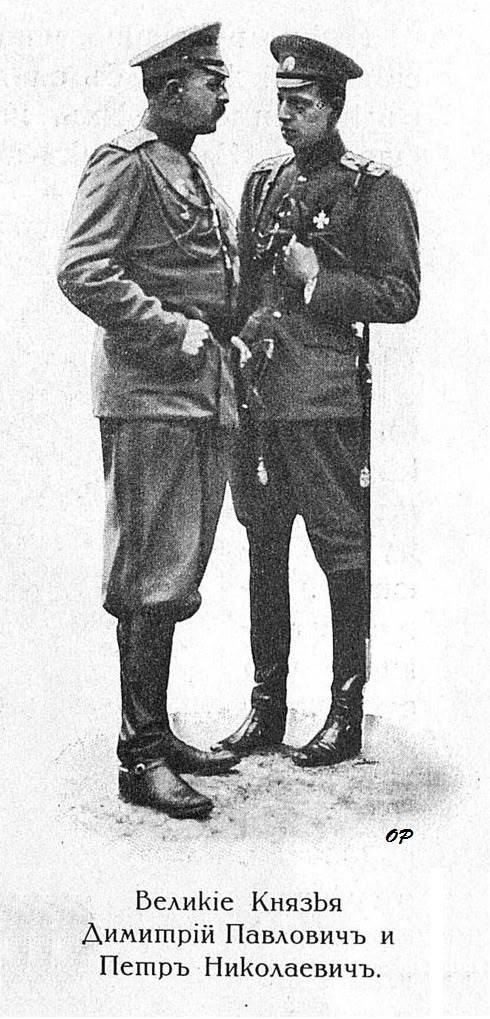
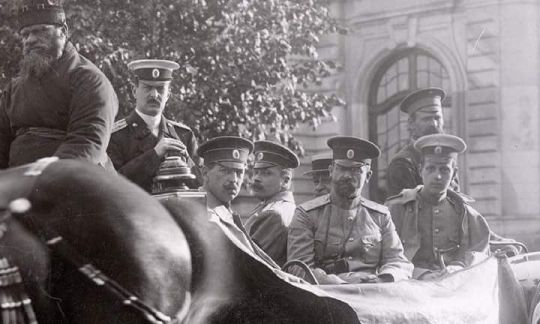
#alexandra feodorovna#grigori rasputin#history#romanov family#dmitri pavlovich#irina alexandrovna#romanov#yusupov#felix yusupov#otma#Dmitri pavlovich romanov#olga nikolaevna#nicholas alexandrovich#Czar Nicholas#adeilhistory#russian history#History
12 notes
·
View notes
Photo
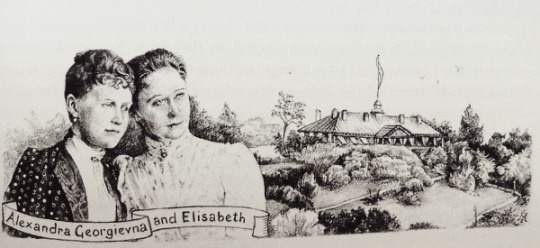
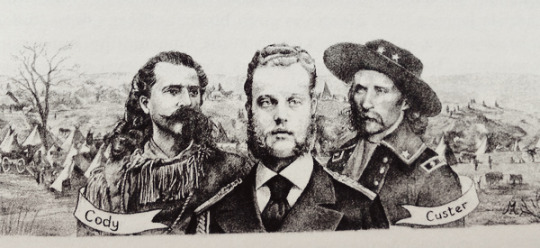
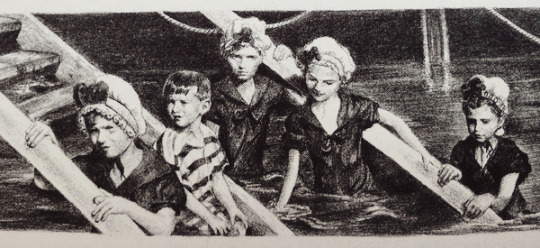
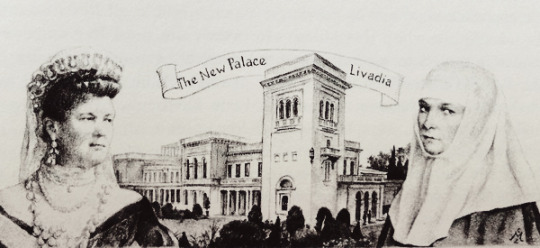
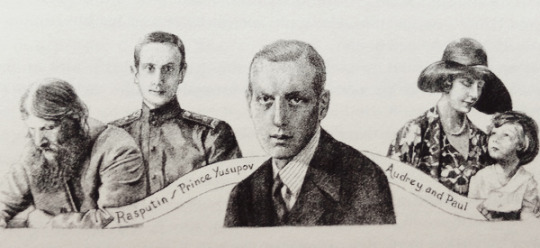
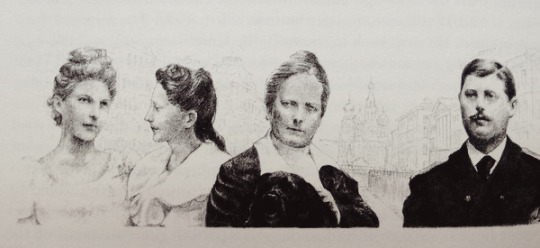
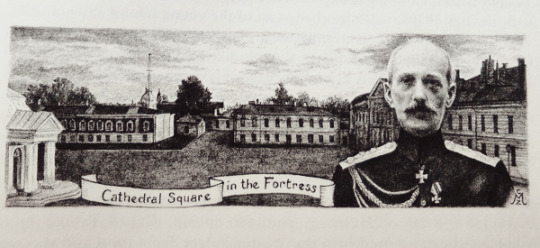
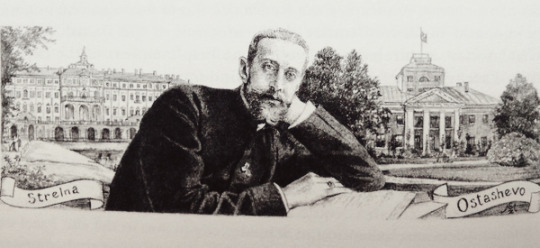
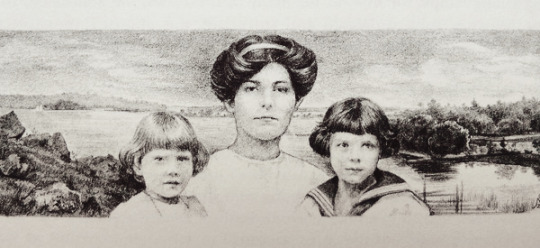
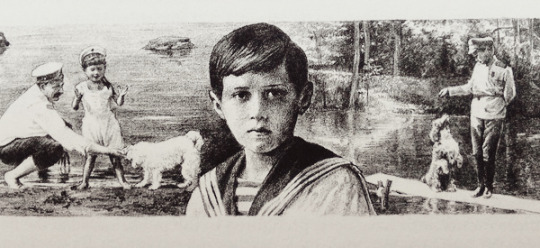
Wonderful headers for some of the chapters of “Romanov Autumn” by Charlotte Zeepvat. The chapters featured in this post:
A Place of Peace and Beauty
Fast Women and Slow Ships (Grand Prince Alexei Alexandrovich)
Autumn in the South
A House Divided
The Harsh Light of Day (Grand Prince Dmitri Pavlovich)
Surviving (Princess Catherine Yourievsky)
The Beloved Grand Prince (Grand Prince Pavel Alexandrovich)
To Belong to the Family (The Konstantinovichi)
Escape from Ekaterinburg
The Lost Tsar
Click HERE for previous chapters.
166 notes
·
View notes
Photo
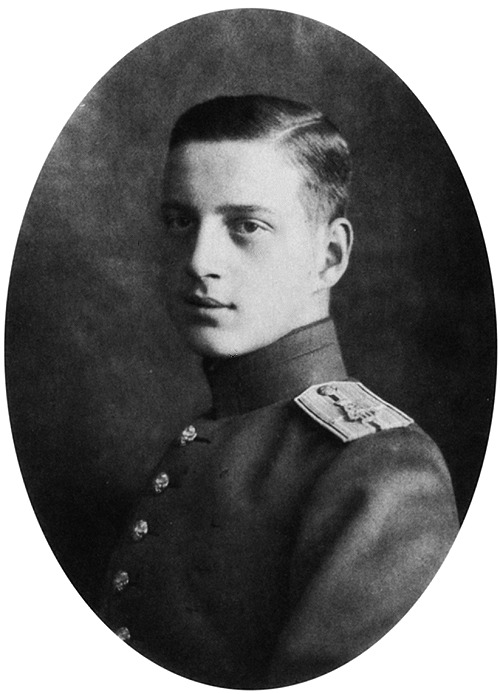
Grand Duke Dmitri Pavlovich of Russia.
We had so often danced together in the past, and at one moment I had even fancied myself a little in love with him, although I knew quite well he had no interest in me, apart from the fact that I was perhaps a good partner, and that our steps harmonized. That evening I remember my heart was unaccountably heavy, although I did not guess that I was never to dance with him again. But looking at him, and meeting the laughing glance in his eyes, whose colour I have never been able to determine, I felt that a shadow, intangible and nebulous, but yet threatening in its warning to failure, lay over him. I had always refused to believe the stories which accused him of drinking too much, of being a playboy and a trifler; I had clung obstinately to my illusions about him. And yet that evening, although he had seldom been more cordial and entertaining, I felt that, beneath that easy charm of manner, there lay lack of purpose, indecision, and an inherent weakness. Meriel Buchanan, Victorian Gallery
82 notes
·
View notes
Photo
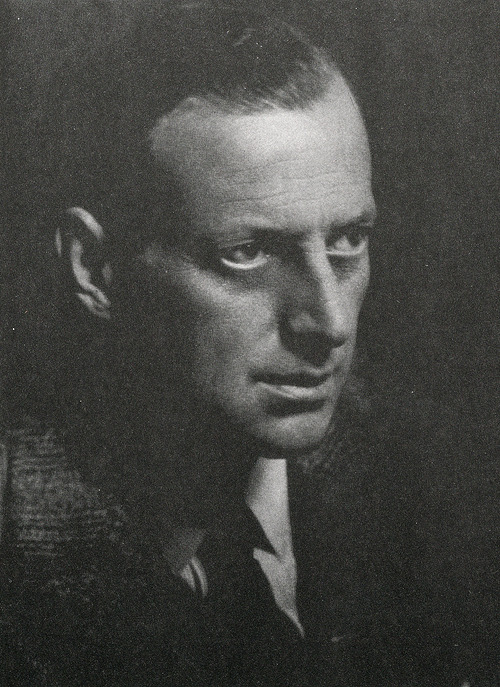
Grand Duke Dmitri Pavlovich of Russia.
1928 a son, who was christened Paul, after the Grand Duke’s father, was born, and perhaps looking down at him, Demitri Pavlovitch may have thought a little sadly of the heritage which should have been his. Did he, during those days, ever think of Russia? Of his father, old and ill, imprisoned in the Fortress of St. Petersburg, shot without trail? Or of his beautiful Aunt Ella, who had left him a fortune, thrown down a mine and left to die in torment? Did he ever recall the smiling face of the Grand Duchess Olga? If he had married her, if they had escaped, would things have been different? She would not have allowed him to forget the loyalty he owed his country. There would have been no divided parties among the Russian refugees living in exile. Nobody then would have said, “We cannot have a murderer on the throne.” He would have been proclaimed unanimously, he might indeed have ruled over a free, enlightened, powerful country. “What a wasted life” is perhaps a trite and commonplace saying, but when I think of that forgotten grave in Davos and remember the boy I knew; when I think of all the opportunities he had, of all he might have done, and might have been, of how he might perhaps have saved not only Russia, but the whole wold from an ever-increasingly threat of evil domination; I can only sigh for the tragedy of so many broken hopes. Napoleon picked the crown of France out of the gutter, but the man who might have picked up the crown of Russia was not strong enough and he let it lie where it had fallen in the dust. Meriel Buchanan, Victorian Gallery
80 notes
·
View notes
Photo
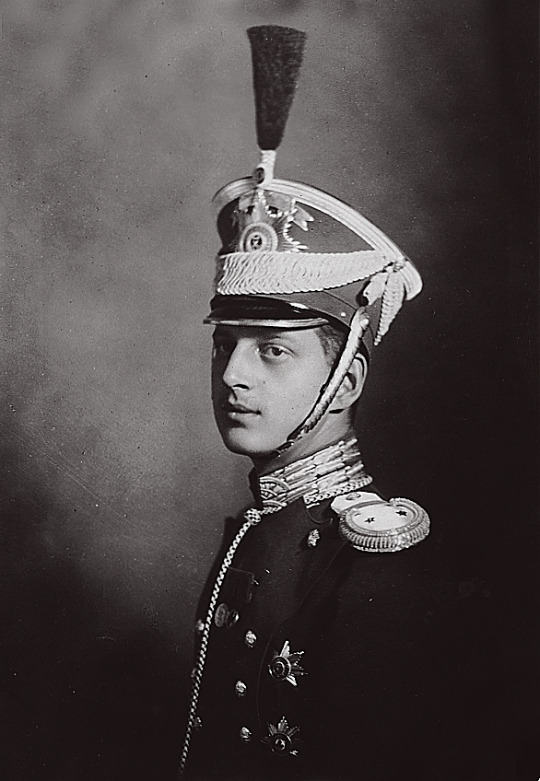
Grand Duke Dmitri Pavlovich of Russia
Dmitri has often been portrayed as s golden youth. Writers speak of his sterling character, handsome bearing, and success as a lieutenant in the Third Cavalry Regiment of the Imperial Life Guards. A more balanced analysis, however, reveals a different picture. In reality, he was pale, thin, and nervous; his inpredictable moods and fits of depression were notirious. The Grand Duke was also an alcoholic, dedicated to the pursuit of pleasure in and attempts to combat his melancholy. Meriel Buchanan, daughter of the British ambassador, remembered him as “recklessly dissipated.” She wrote that he suffered from a “lack of purpose, indecision and an inherent weakness.” And another of Dmitri´s acquintances, the Honorable Bertie Stopford, an aide at the British embassy in the capital, referred to the Grand Duke as “always helpless and desolate.” With such a character, Dmitri easily fell under the powerful influence of Felix Youssoupov.
The passage of time and destruction of relevant papers make it impossible to say precisely what the nature of the relationship between Felix and Dmitri may have been. But gossip at the time linked the two men romantically. Members of the Romanov family, the imperial court, and the aristocracy were all privy to the information which confirmed the existence of such a relationship, if not the intimate details. Even today there are confessions of a romantic liaison. Many well acquainted with Felix and Dmitri seem to have accepted the fact that the relationship did indeed occur.
Greg King: The Man Who Killed Rasputin
117 notes
·
View notes
